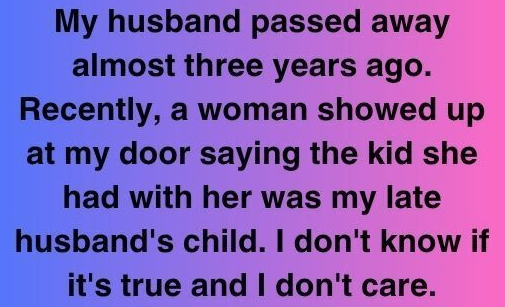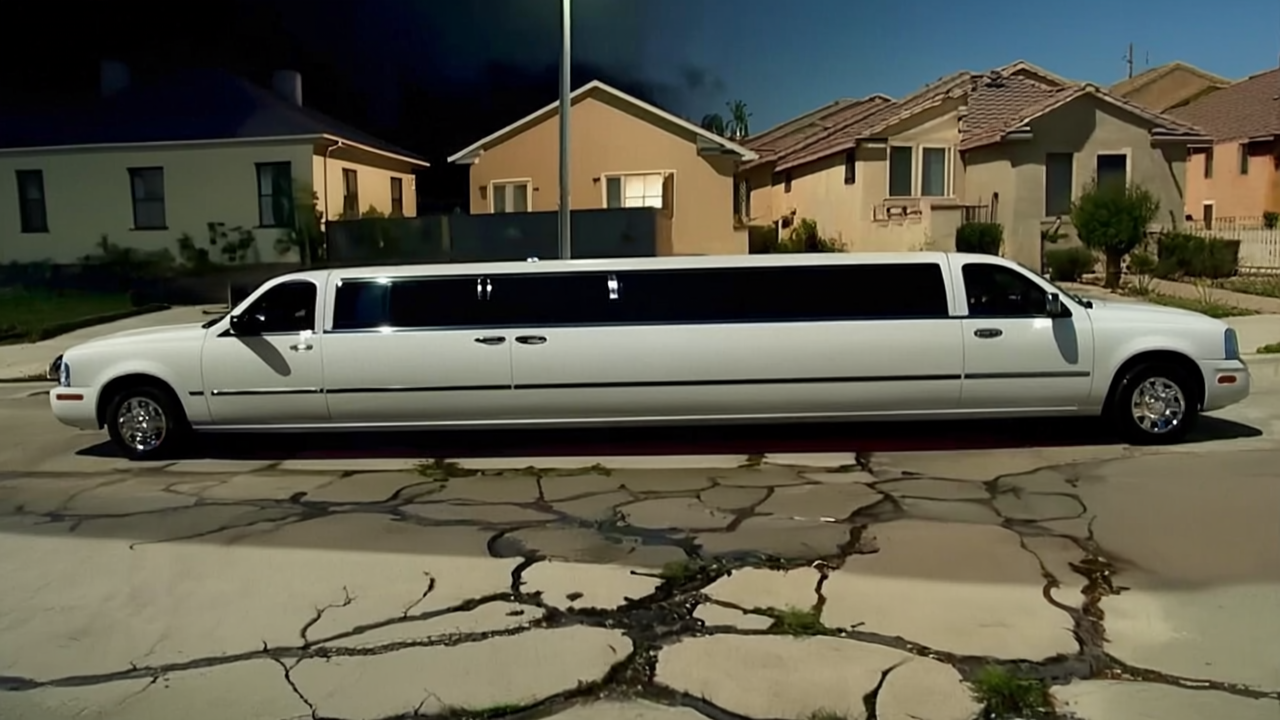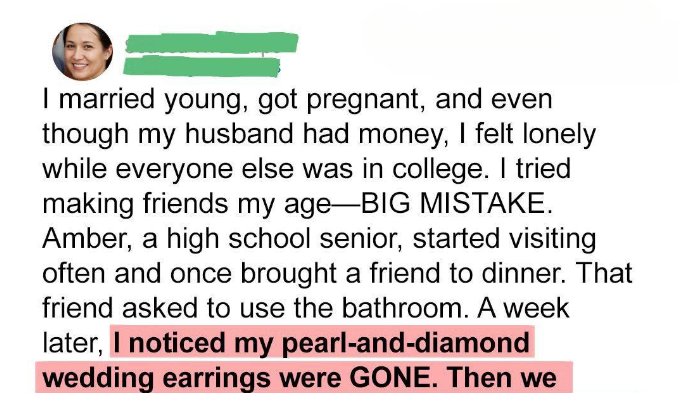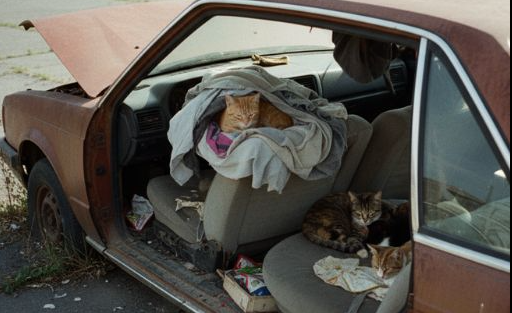Three years ago, my husband, Michael, left this world. Not long ago, a woman appeared at my doorstep, a young boy by her side, claiming he was Michael’s child. I didn’t know whether to believe her, and frankly, I didn’t want to. I told her Michael was gone. Without hesitation, she demanded “her half” of his estate. I couldn’t help but laugh, explaining she was three years too late—there was no will, no grand estate to divide.
She wasn’t pleased with my response.
She stood there, arms folded tightly, the boy gripping her coat. He looked no older than six. I tried to study his face, searching for traces of Michael—perhaps in his eyes or hair. But my anger clouded everything, making it hard to see clearly.
Her voice softened abruptly. “I don’t want conflict,” she said. “I only believe my son deserves what’s rightfully his. He was Michael’s child too.”
I clenched my jaw. Michael. My Michael. The man I loved, whose hand I held as he slipped away. Now this woman stood before me, wielding his name like a key to my life.
“He’s gone,” I said, my voice steady but cold. “All he left was a pickup truck with a cracked windshield and a mortgage I barely paid off last year. Want half the truck? Good luck—it won’t take you far.”
She huffed, turned, and walked away with the boy. “My lawyer will be in touch,” she muttered under her breath.
No lawyer ever contacted me. Weeks turned into months.
Then came the guilt.
It crept in unexpectedly. I kept picturing that boy, his small hand clutching hers, his wide, curious eyes meeting mine. Silent, yet full of unasked questions.
I told myself I owed him nothing. But that didn’t stop me from searching for him.
I found her Facebook profile. It was open for the world to see—photos of her and the boy at a park, celebrating his sixth birthday with a cake. His name was Daniel.
I lingered on that name. Daniel. Michael always loved it, saying it’s what he’d name a son if we ever had one.
I never told Michael I couldn’t have children. I learned after our wedding. He was gentle about it, said it didn’t change a thing. But I always wondered if it mattered to him deep down.
One Sunday, I drove to the park from their photos. I stayed in my car, watching from a distance. She pushed him on a swing, his laughter ringing out. It was Michael’s laugh—unmistakable, familiar. I hated how much it stirred me.
I didn’t approach them. I drove home, my heart heavy, unsure of my next step.
Weeks later, a letter arrived—not from a lawyer, but from her. Handwritten. She apologized for her approach, explaining her fear, her financial struggles, her desperation. She no longer wanted money. She only wanted Daniel to know his father’s story.
Her words brought tears—not from anger, but from the weight of grief. I missed Michael every day. This boy was a piece of him I never knew, a piece I wasn’t sure I wanted to know.
Yet, I wrote back.
I agreed to meet, making it clear I wasn’t committing to anything. I only wanted to do what felt right.
We met at a coffee shop, a neutral space. She seemed nervous. So was I.
Daniel sat quietly, sipping hot chocolate, his legs swinging beneath the chair. I brought a photo album—not for her, but for him.
I shared pictures of Michael—our wedding, fishing trips, the backyard we built together. I told him stories: how Michael laughed until tears streamed watching old comedies, how he once burned toast so badly we had to toss the toaster.
Daniel gave a small smile. It was enough to warm my heart.
Over the months, I saw them more, moving slowly, cautiously. I wasn’t aiming to be a mother to him—just someone who could share who his father was.
Life, though, is never simple. People started talking.
Michael’s old friends began questioning me. Why was I spending time with her? With the boy? One called me a “doormat,” insisting Michael’s betrayal warranted cutting them off entirely.
I didn’t see it as betrayal. Maybe I should’ve been enraged. Maybe I should’ve resented Daniel’s existence.
But I couldn’t.
He didn’t choose this. He didn’t ask to be born or to lose a father who left him nothing tangible.
What I realized I could offer wasn’t money or possessions. It was stories, love, a connection to Michael.
The more time I spent with Daniel, the more I saw Michael in him—not just the laugh, but the stubbornness, the love for drawing, the disdain for broccoli.
Eventually, his mother—Claire, I learned—got a job offer in another city. She hesitated, worried about taking Daniel away from his only link to Michael.
I encouraged her to take it. Life doesn’t pause, I said. We could keep in touch.
And we did—through video calls, birthday cards, occasional visits when they were in town.
Over time, my focus shifted from Michael to Daniel. He became more than Michael’s son—he was his own person, unique and vibrant.
One day, Claire called. Daniel had a school project: “Someone who inspires me.” He chose to write about me.
I had to sit down when she told me.
On a call, he read his essay. He said I taught him family isn’t only about who you live with—it’s about who shows up for you.
I was speechless for a full minute.
Three years ago, Michael’s death shattered my world. I thought I’d lost everything. Then this boy arrived, carrying pain and questions in his wake.
But from that chaos, we found something beautiful.
Healing. Forgiveness. A different kind of family.
Not the one I imagined, but one that feels authentic, profound, and quietly powerful.
Here’s the unexpected part:
A few months ago, a letter arrived from the courthouse. Michael had a will, lost in legal delays due to improper filing. It was finally validated.
He left everything to me.
But at the bottom, in his handwriting, was a note added by the lawyer: “If I ever have a child I didn’t know about, I trust my wife to do the right thing.”
He knew.
Maybe not about Daniel specifically, but he knew his imperfections. He knew secrets could emerge. And he trusted me to decide.
So I did what felt right.
I opened a savings account for Daniel—not a fortune, but enough to support him when he’s 18. I told Claire. She cried.
Not for the money, but for the kindness she hadn’t expected. She thought I’d only harbor anger. I understood—I might’ve assumed the same.
But anger is exhausting. It consumes you. Holding onto it doesn’t revive lost love.
Letting go isn’t forgetting. It’s creating room for what’s still possible.
Today, Daniel is ten. He calls occasionally, asking for stories about his dad. He sends drawings, which I proudly display on my fridge.
He signs them, “Love, Daniel.”
Each time, I smile.
If you’re navigating something that feels unfair or overwhelming, hold onto this:
People falter. Life surprises. But you always have a choice—how to respond, how to carry the burden, whether to pass on pain or reshape it.
I chose to reshape it.
It wasn’t simple, but it was worth it.
Thank you for reading. If this story resonated with you, please share it with someone who might find hope in it. You never know the healing it could spark.




